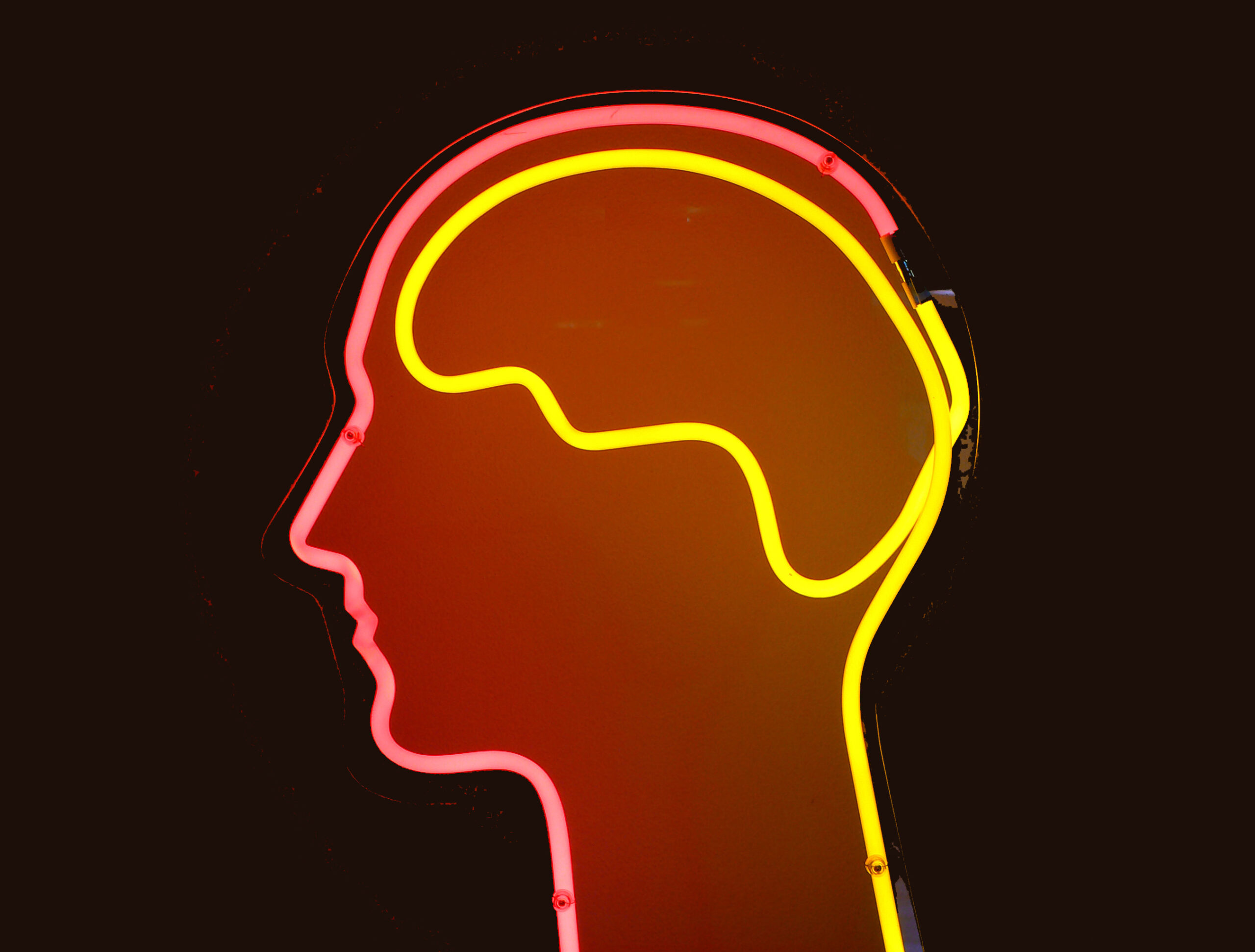My dad comes from a working class area of West Virginia, with German Protestant ancestors who were sent to the American colonies as indentured servants. My mom, from a long line of self-sufficient family farmers in rural Maryland.
No wonder I struggle with anxiety. Particularly, anxiety about never getting enough work done. A voice in my head that whispers, “You better get moving.” A wretched restlessness that won’t quit until I burn out and collapse.
I inherited generations of capitalist ways of being. Centuries of rushing to get seeds in the ground, to cut enough wood for winter, to clock in on time at work, to keep the boss happy.
And not just capitalist ways, but also settler-colonialist ways. The early colonies around the Chesapeake Bay where my ancestors settled had a “distinctive settlement pattern … where numerous, more or less isolated, ‘plantations’ lay stretched out along rivers and ridgelines, with little in the way of village-style contact among them.”
This, among other influences, gave American culture its trademark individualism. Its “pull yourself up by your bootstraps” arrogance. Its isolation. Its loneliness.
As the Zen Buddhist teacher and author Natalie Goldberg writes, “Alienation is the American disease. It is our inheritance, our roots.”
I inherited white supremacy too. My family owned a small number of slaves in the years before the Civil War and who knows how many before that. I’ve benefited in narrow, material ways from being white. As much as I’ve suffered from losing my European roots to whiteness.
This isn’t to say that I inherited nothing good. My grandma marched for civil rights in the late 1960s. The work ethic my parents gave me is how I got up early this morning to write this.
It’s to say that waking up is a big deal. Waking up to the ways I move through the day on autopilot. Noticing the countless moments I’m just acting and reacting out of habit. Challenging my delusions.
angel Kyodo williams, the Zen priest, says thoughts fill the mind as if it were:
that drawer that collects everything in your house. They’re moving at an incredible rate of speed. And, for the most part, we almost never get the opportunity to observe them and sort through them. You say, ‘Oh, but wait a minute, someone lived in this house before me. And some of that stuff is not mine. Actually, this is not mine. That’s my mom’s. This is not mine; that’s the inheritance of white supremacy.’ And we have no real way of being able to discern what is mine, what is yours, what we’re holding collectively, what I have inherited, what I have taken on as a measure of protection, of a way to cope at some point in my life.
That’s why meditation, therapy, and other ways of observing and sorting through the mind are so powerful. They press pause on thought patterns and emotional reactions set in motion hundreds if not thousands of years ago.
Even just one second of being awake is extraordinary. You’re turning against the stream when you see things not as they should be but as they actually are.
You’re able to respond rather than react based on old habits that no longer serve you, your family, and your community.
You’re experiencing true freedom. Not the bubble gum, cartoon, “I don’t want to wear a mask” version that political and economic elites want us to keep fighting over.
Hi, I’m Jeremy, a writer, meditation teacher, and host of the Meditation for the 99% podcast. My weekly email newsletter helps you be more mindful about work, relationships, and politics. Subscribe here.
Download my free ebook on how meditation can transform your life.
Photo by dierk schaefer.
